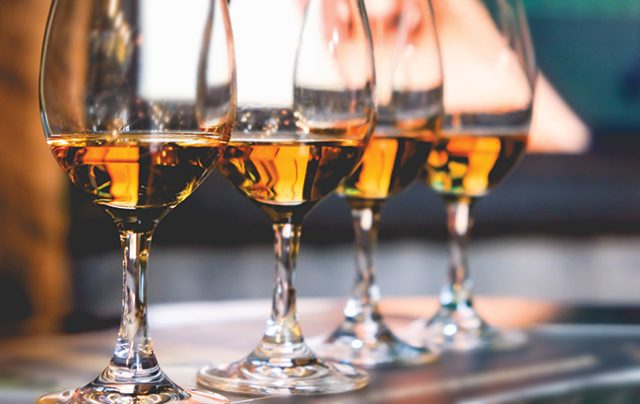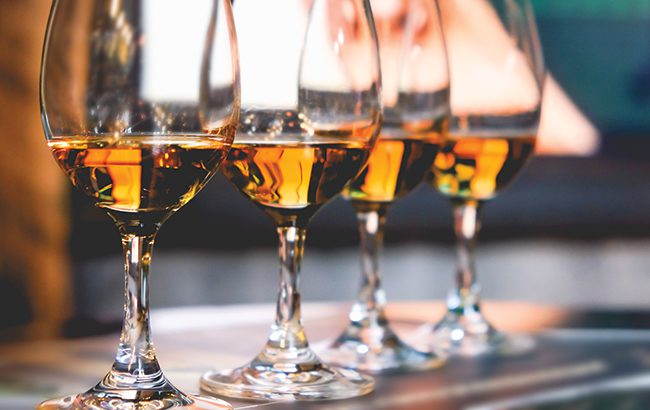Trade body the Drinks Industry Group of Ireland (DIGI) is calling for a 15% reduction on alcohol tax over the next two years, after it was found to be the second-highest rate in the European Union (EU).

According to a new report commissioned by the DIGI that compares Ireland’s alcohol tax rate with nations in the European Union (as well as the UK), the country is behind only Finland in paying the highest amount of alcohol tax on the continent (based on the weighted average of each country’s beer, wine and spirits excise rate).
Finland pays the highest per hectolitre (100 litre) of pure alcohol (HLPA) at €4,415/US$4,786, followed by Ireland (€3,458/US$3,748) and the UK (€3,196/US$3,465).
Ireland has the third-highest excise tax for spirits in the EU, after Finland and Sweden.
Bulgaria, Romania and Spain are among the EU countries with the lowest duty on spirits.
On a bottle of Irish whiskey, excise tax is more than four times higher in Ireland than in Spain, with Irish drinkers paying almost €12 (US$13) compared to their Spanish counterparts who pay only €2.69 (US$3) in tax.
Finland pays the most excise tax on beer in the EU, followed by Ireland and the UK, which pay the same rate.
Ireland also has the second-biggest tax rate for wine in the EU, after Finland, the report found.
Author of the report, Anthony Foley, associate professor emeritus at Dublin City University, said: “The data once again clearly demonstrates the very high levels of alcohol excise in Ireland compared to our EU neighbours which, of course, places a relatively large tax on the Irish drinks industry and consumers compared to other EU members.
“On the composite rate we remain the second highest in the EU and the UK behind Finland. The top four are Finland, Ireland, the UK and Sweden and the gap between these four and the other 24 countries remains large.”
On top of this, consumers in Ireland also pay an additional 23% value-added tax (VAT) on alcohol purchases, which DIGI said means the government receives 30-35% of the retail price of every drink sold.
The DIGI noted a challenging few years for the country’s drinks and hospitality sector, which has faced a pandemic, a cost-of-living and energy crisis, and price hikes.
As such, the DIGI is urging the government to use the upcoming budget (1 October) to cut excise tax in Ireland (by 7.5% in 2025 and 7.5% in 2026) and bring it in line with other European countries.
‘Profound impact’
DIGI chair, and communications and corporate affairs director at Irish Distillers, Kathryn D’Arcy, added: “The continued high cost of doing business in Ireland has profoundly impacted Irish businesses in recent years.
“The drinks and hospitality sector has been particularly affected by the lingering effects of the pandemic, coupled with inflation, an energy and cost-of-living crisis, and a cripplingly high-cost base.”
D’Arcy called on the government to “reset their approach to taxation and engage in long-term policy planning in order to revitalise the sector”.
She said the move would “deliver an immediate reduction in the costs for thousands of urban and rural drinks and hospitality businesses”.
Ireland’s whiskey distilleries welcomed more than 800,000 visitors over the past 12 months, but the figure remained below pre-pandemic levels.
Meanwhile, exports of Irish whiskey plummeted by double digits last year due to a decline in the US, a report by Bord Bia showed.

